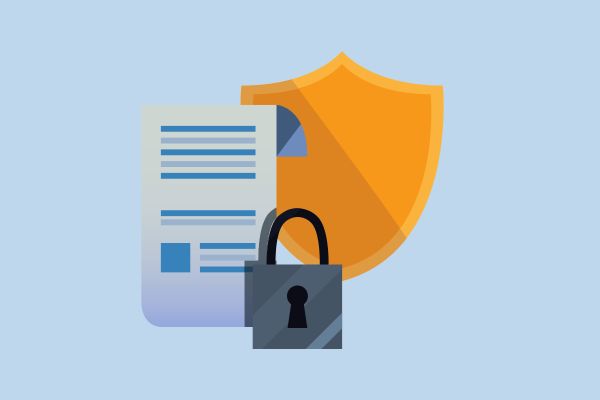
Intellectual Property Rights (IPR) in India refers to the legal rights given to individuals or entities for their creations or inventions that are the result of their intellectual efforts. These rights aim to protect and incentivise creators and innovators by granting them exclusive rights to use and exploit their creations for a certain period.
Let’s understand it in simple words:
Imagine you have a special toy that you invented or drew all by yourself. Intellectual Property Rights (IPR) are like rules that protect your special toy or creation and make sure that others can’t copy or take credit for it without your permission.
For example, let’s say you made a fantastic drawing of your favourite cartoon character. If you have IPR, it means nobody else can copy your drawing and say they drew it. It’s like having a magic shield around your creation, so only you can decide who can use it or make something similar to it.
Just like how you would be upset if someone took your favourite toy without asking, creators and inventors would be sad if others used their ideas or creations without giving them credit or permission. IPR helps ensure that people are recognised and rewarded for their hard work and creativity, just like you should be recognised for your special toy or drawing!
In India, the following are the main types of Intellectual Property Rights:
A patent is an exclusive right granted to an inventor for an invention that is new, inventive and capable of industrial application. It provides the inventor with the right to prevent others from making, using, selling or importing the patented invention without their permission. Patents are typically granted for a limited period, generally 20 years from the date of filing the patent application.
Trademarks are distinctive signs (e.g., names, logos, symbols, colours) used to identify and distinguish goods or services of one seller or service provider from those of others. Trademark registration provides the owner with the exclusive right to use the mark and prevent others from using a similar mark in connection with similar goods or services.
Copyrights protect original literary, artistic, musical and dramatic works, as well as software, films, sound recordings and broadcasts. In India, copyright protection is granted to the creator of the work, providing them with the exclusive right to reproduce, distribute, perform, communicate and display their work for a limited period. Copyrights typically last for the lifetime of the author plus 60 years.
Industrial designs protect the visual appearance of an article, including its shape, configuration, pattern ornamentation or composition of lines or colours. Registration of an industrial design grants the owner the exclusive right to use the design for a limited period, generally ten years.
Geographical indications identify goods as originating from a specific geographical location, where a particular quality, reputation or other characteristic is linked to that location. GI registration protects against unauthorised use of geographical indication by others.
Trade secrets are valuable and confidential business information, which provides a competitive advantage. Unlike other IP rights, trade secrets are not registered but protected through agreements, contracts and measures to maintain confidentiality.
The protection and enforcement of Intellectual Property Rights in India are governed by various laws, including the Patents Act, 1970; the Trade Marks Act, 1999; the Copyright Act, 1957; the Designs Act, 2000; and the Geographical Indications of Goods (Registration and Protection) Act, 1999, among others. These laws aim to encourage innovation and creativity while safeguarding the interests of creators and inventors.